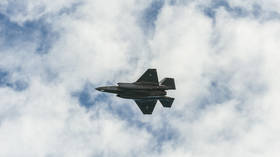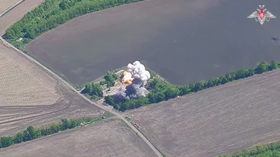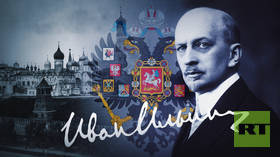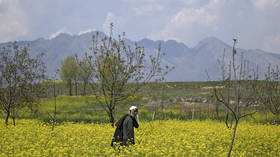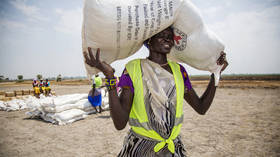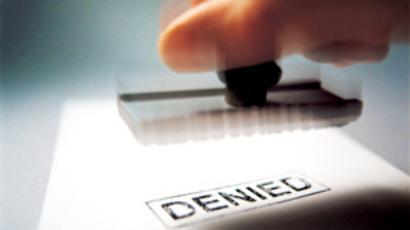UN Court rules Kosovo independence is legal
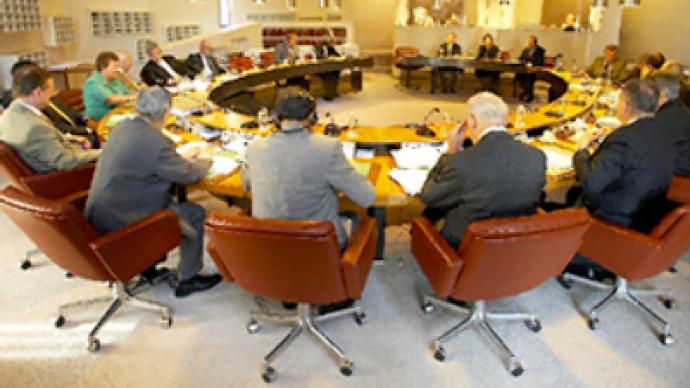
The UN court has ruled that Kosovo’s unilateral secession from Serbia was legal. The non-binding decision is believed to have implications for Kosovo and become a precedent for de-facto states seeking independence.
The advisory opinion was read out by the president of the International Court of Justice (ICJ), Hisashi Owadaat, at the court's seat at the Peace Palace in The Hague.
The ICJ examined the issue of the legality of Kosovo’s declaration of independence at the demand of the UN General Assembly submitted in October 2008. The panel of 15 judges includes representatives of courtiers who back Kosovo and those who do not recognize the breakaway region as an independent state.
The entire international community has been waiting breathlessly for The Hague’s ruling debating the what-ifs. Even though the ICJ ruling is non-binding, the UN highest court’s opinion may lead to serious political consequences.
But it was Belgrade and Pristina who held their fingers crossed since their future is at stake. However, both seemed quite confident that The Hague Court will take their side.
Earlier, Serbian President Boris Tadić said that Belgrade was ready for all possible opinions from the court, but expected that the opinion would state that the Kosovo Albanians do not have the right to an ethnically motivated secession from Serbia, cited Serbian B92 broadcaster. He expressed hope that the ruling would be based on the principles of international law and would not trigger splits within other countries. The Serbian leader added, B92 writes, that Belgrade will be open for discussions “through all institutional systems, with the opposition and non-governmental organizations” internally after the court’s ruling. He also said that the Serbian citizens would be informed of the country’s further steps in the fight to preserve Kosovo.
The ruling in favor of Serbia would mean that Belgrade could bring back the Kosovo status issue at the UN. At the same time, it could spark instability and violence as the two million-strong Albanian majority would fight for independence.
Kosovo, for its part, expected the ICJ to rule in their favor. And that confidence was given even more grounds after Washington pledged full support for Kosovo on the eve of the Hague hearings. On Wednesday, US Vice President Joe Biden met with visiting premier of Kosovo Hashim Thaci.
“The vice president reaffirmed the United States' full support for an independent, democratic, whole, and multi-ethnic Kosovo, whose future lies firmly within European and Euro-Atlantic institutions,” the White House said in a statement following the meeting. “The Vice President also reiterated the United States’ firm support for Kosovo’s sovereignty and territorial integrity.”
Thaci said that Kosovo “will respect the opinion”. However, the New York Times cites him, the premier made it clear that he believed that Kosovo’s independence was irreversible. “Kosovo is a country of stability… It is a consolidated state. And the laws we are passing are based on international best standards,” he said.
Meanwhile, the NATO-led peacekeeping force in Kosovo (KFOR) is prepared to face any potential scenario after the ICJ ruling is announced, its Commander General Markus Bentler said. He has also called on sides to refrain from provocations and violence. Serbs have announced they are planning to hold a meeting in Kosovska Mitrovica in Northern Kosovo, RIA Novosti reports.
Former Serbia’s southernmost province of Kosovo unilaterally declared independence on February 17, 2008, following almost two years of failed talks between Pristina and Belgrade. So far, Kosovo has been recognized by 69 states including the US and 22 out of 27 EU states. Serbia, Russia, China, India, Spain and Greece have maintained the stance that the Albanian-dominated Kosovo has violated international law.
To acquire UN membership, Kosovo has to be recognized by two-thirds of the 192 members of the organization. It is expected that the ICJ court’s ruling may boost the process, prompting the breakaway region’s recognition by a number of other states.
Natalia Makarova, RT



